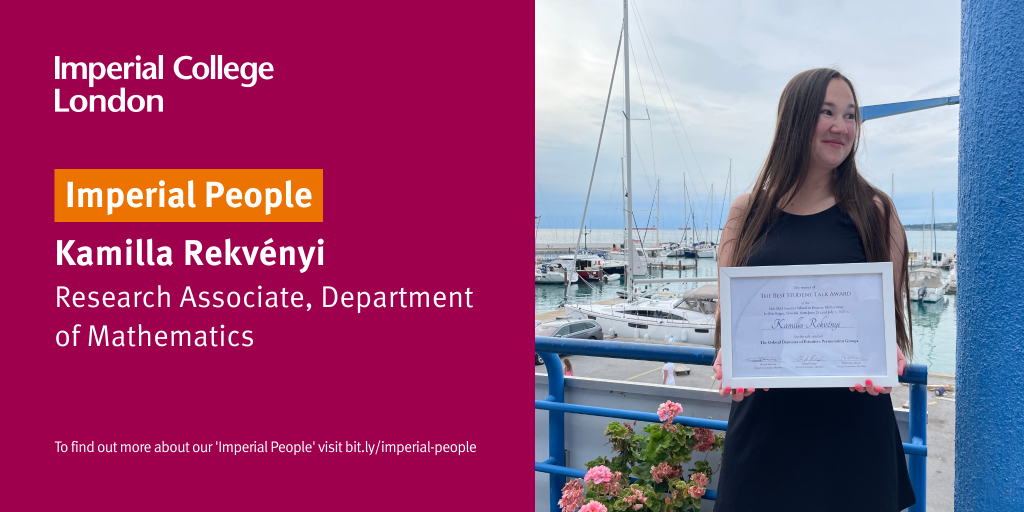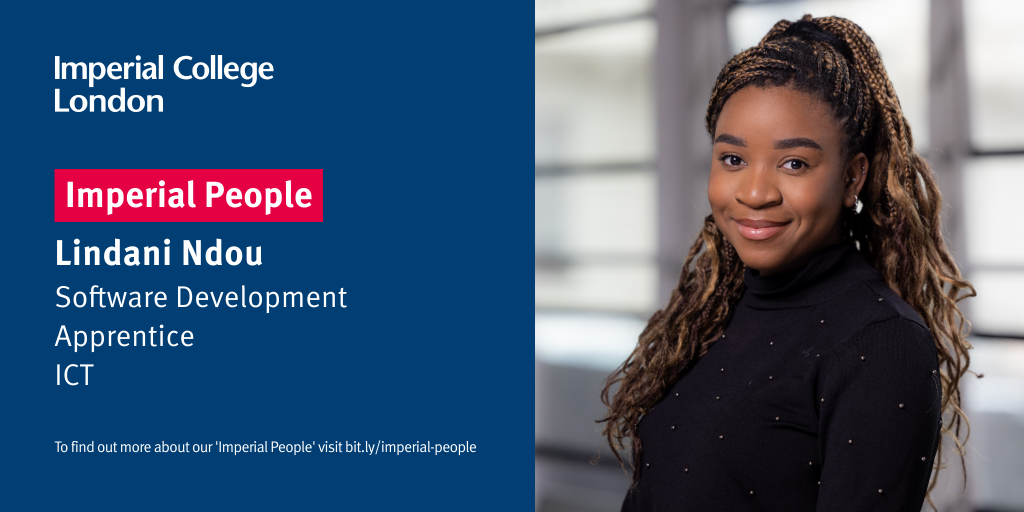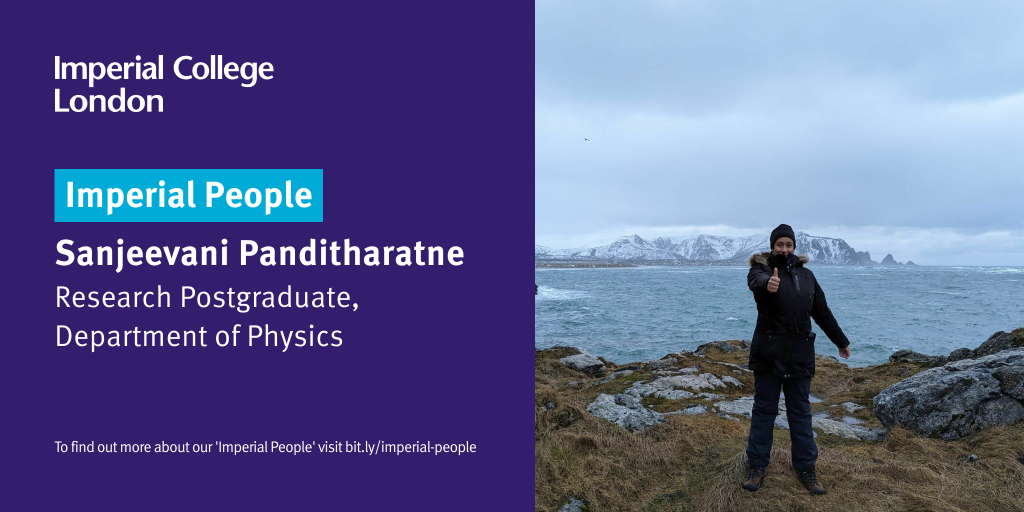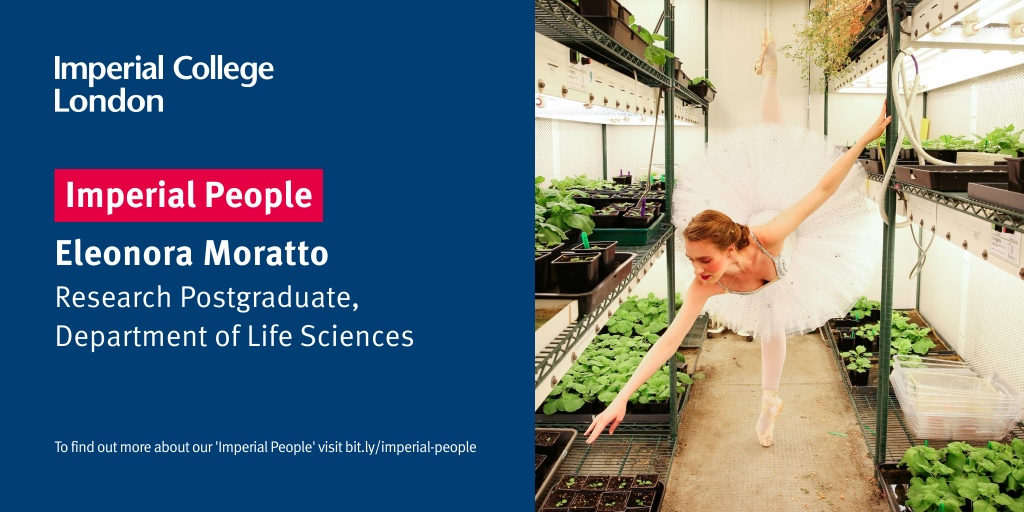
“As a child I wanted to make an impact on the world, and as a postdoctoral researcher at Imperial I feel I am getting closer to fulfilling this dream.”
I arrived at Imperial in 2019 as a PhD student, after completing an MMATH degree at St Andrews. In 2023 I began an EPSRC Research Associate in Pure Mathematics. As a child I wanted to make an impact on the world, and as a postdoctoral researcher at Imperial I feel I am getting closer to fulfilling this dream.
My role mainly involves research but I am also lecturing a first-year course this term. My research is on the intersection of group theory, which is an abstract way of thinking about symmetries and combinatorics, which is the art of counting. I always like to be involved in university life in as many ways as possible, so I am now a Postdoc Representative. I am also passionate about supporting and inspiring women to pursue maths research through outreach and being on scholarships panels. I am a co-founder (with Eoghan McDowell) and organiser (with Zain Kapadia and Bob Dabson) of the Junior London Algebra Colloquium, a seminar series aimed at PhD students


